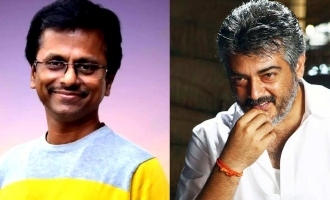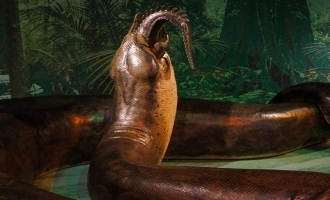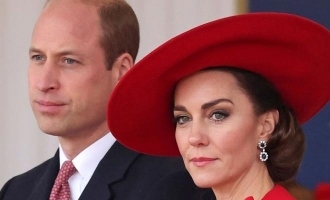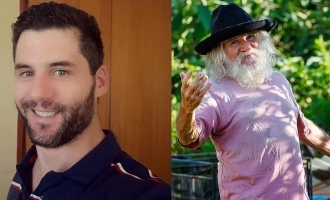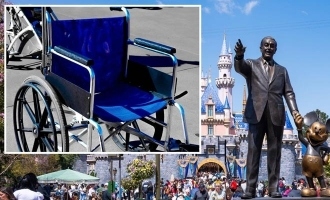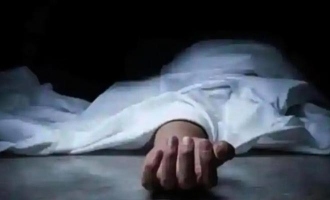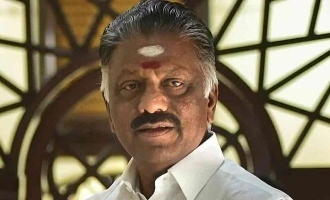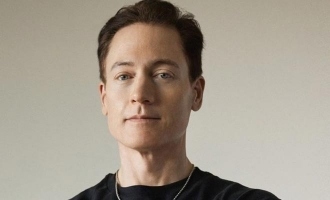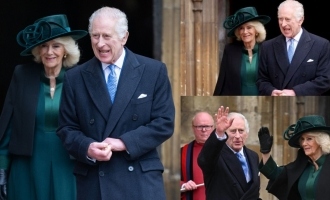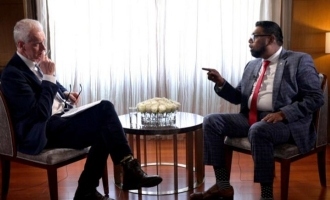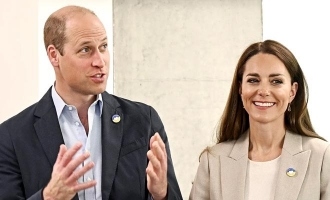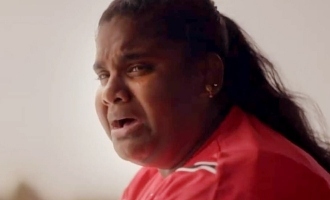Viruses got revenge: Scientist who discovered Ebola gets coronavirus; talks about near death experience


Send us your feedback to audioarticles@vaarta.com


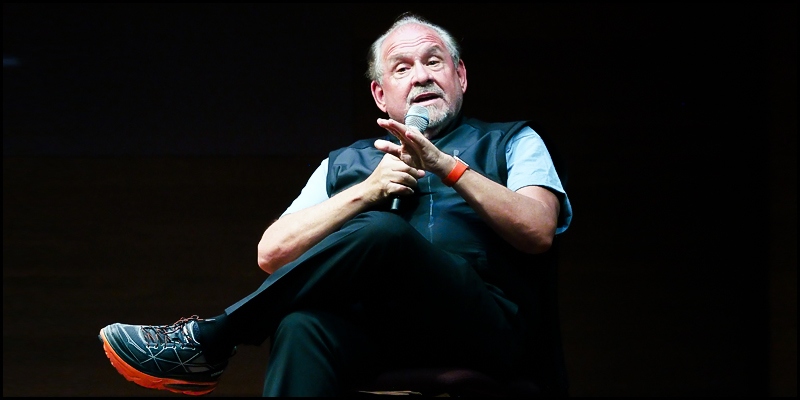
Peter Piot, the scientist who co-discovered the Ebola virus, was recently diagnosed with the novel coronavirus, and the director of the London School of Hygiene and Tropical Medicine mentioned that a virus had finally gotten its revenge on him.
After developing severe pneumonia, Peter was hospitalized, following which he tested positive for Covid-19. Over 40 years after studying and leading the global response to infectious diseases including Ebola, HIV, and AIDS, he reportedly said "finally, a virus got me." Talking about the regular symptoms for a viral illness he developed as well as the unusual symptoms linked to Covid-19 which showed up later, the scientist said, "My skull and hair felt very painful, which was bizarre." Although he instinctively knew that it was the coronavirus, he apparently waited and hoped that it would pass.
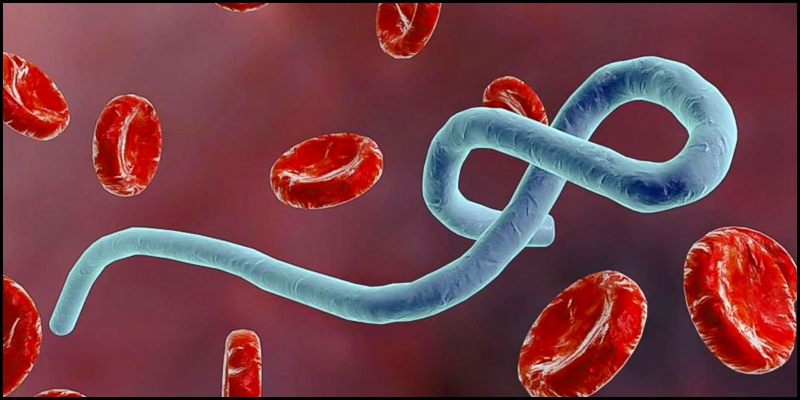
"I have devoted my life to fighting viruses and finally, they get their revenge. For a week I balanced between heaven and earth, on the edge of what could have been the end. I had never been seriously ill and have not taken a day of sick leave the past 10 years. I live a pretty healthy life and walk regularly. The only risk factor for corona is my age – I'm 71. I'm an optimist, so I thought it would pass," Peter Piot reportedly mentioned in an interview with a Belgian magazine.
Adding that he was grateful to be infected with Covid-19 and not Ebola, Peter Piot stated, "I'm glad I had corona and not Ebola, although I read a scientific study yesterday that concluded you have a 30% chance of dying if you end up in a British hospital with Covid-19. That's about the same overall mortality rate as for Ebola in 2014 in west Africa. Lung images showed I had severe pneumonia, typical of Covid-19, as well as bacterial pneumonia. I constantly felt exhausted, while normally I'm always buzzing with energy. It wasn't just fatigue, but complete exhaustion; I'll never forget that feeling. I had to be hospitalized, although I tested negative for the virus in the meantime. This is also typical for Covid-19: the virus disappears, but its consequences linger for weeks."
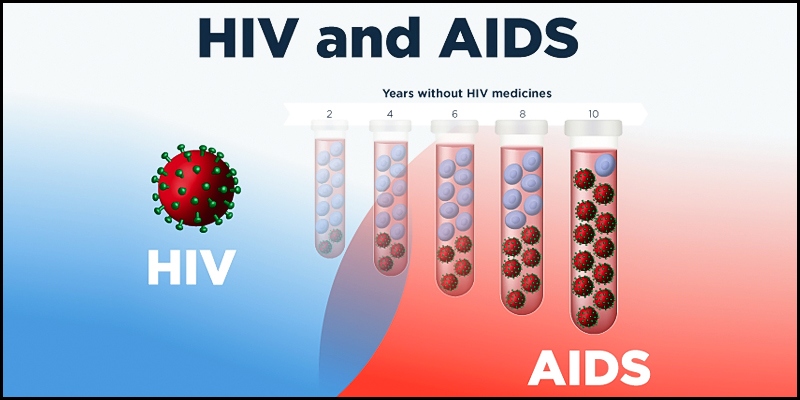
The scientist then went on about his apprehension over his doubts about being put on a ventilator and further shared his experience in the isolation ward with the other patients. "I was concerned I would be put on a ventilator immediately because I had seen publications showing it increases your chance of dying. I was pretty scared, but fortunately, they just gave me an oxygen mask first and that turned out to work. So, I ended up in an isolation room in the antechamber of the intensive care department. I shared a room with a homeless person, a Colombian cleaner, and a man from Bangladesh – all three diabetics, incidentally, which is consistent with the known picture of the disease. The days and nights were lonely because no one had the energy to talk. I could only whisper for weeks; even now, my voice loses power in the evening. But I always had that question going around in my head: how will I be when I get out of this?" he asked.
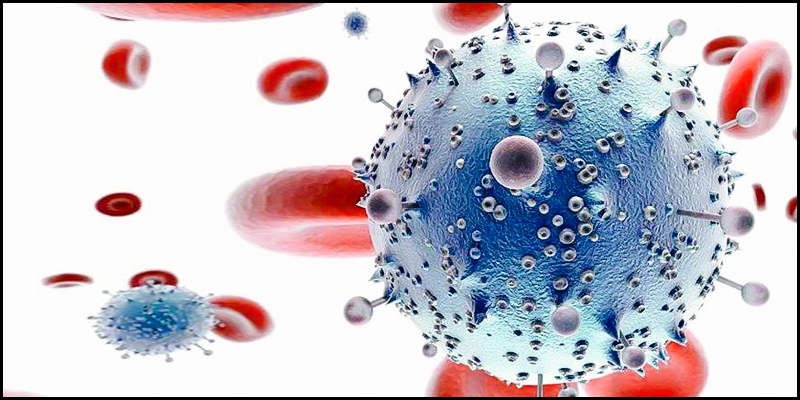
Talking about the repercussions of the illness which could potentially put the lives of thousands of people at risk for the rest of their lives, Peter Piot mentioned, "There will be hundreds of thousands of people worldwide, possibly more, who will need treatments such as renal dialysis for the rest of their lives. We are learning while we are sailing. That's why I get so annoyed by the many commentators on the sidelines who, without much insight, criticise the scientists and policymakers trying hard to get the epidemic under control. That’s very unfair."
Follow us on Google News and stay updated with the latest!




 Follow
Follow



